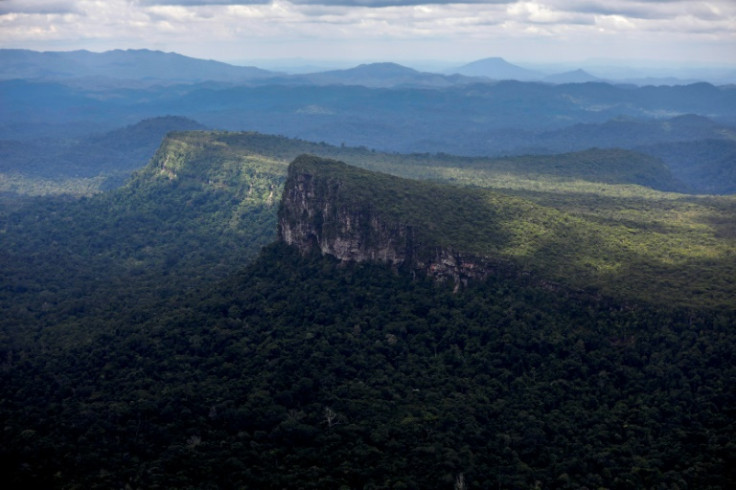
Archaeologists have revealed the existence of a cluster of lost cities in the Amazon rainforest, dating back approximately 2,000 years and once inhabited by a community of at least 10,000 farmers.
The discovery, reported in the journal Science by researcher Stéphen Rostain and his team, and summarized by The Associated Press, unveils a network of settlements and connecting roadways in what is now Ecuador, initially identified over two decades ago but recently mapped with laser-sensor technology.
Rostain, who directs investigations at France's National Center for Scientific Research, described the find as a "lost valley of cities," emphasizing the complexity and scale of the settlements.
The sites revealed residential and ceremonial buildings constructed on over 6,000 earthen mounds, surrounded by agricultural fields with drainage canals. Notably, the largest roads, measuring 33 feet (10 meters) wide, extended for 6 to 12 miles (10 to 20 kilometers). Archaeologist Antoine Dorison, a study co-author, estimated the population at the site to be at least 10,000, with the possibility of reaching peaks of 15,000 to 30,000 inhabitants.
A dense system of pre-Hispanic urban centers, characterized by constructed platforms and plazas and connected by large, straight roads, has been discovered in the upper Amazon.
— Science Magazine (@ScienceMagazine) January 11, 2024
Learn more in the latest issue of Science: https://t.co/TrQ3NDDLnc pic.twitter.com/0s0mJZKU4A
Comparisons drawn by Dorison liken the population density to Roman-era London, emphasizing the intricate society that once thrived in the region. University of Florida archaeologist Michael Heckenberger noted the exceptional early occupation density, placing the discovery in a league of its own within the region's historical context.
Building such extensive infrastructure in the Amazon required an elaborate system of organized labor, as highlighted by José Iriarte, a University of Exeter archaeologist. He emphasized the challenges faced by the Upano people, who lacked stone resources common to other ancient civilizations like the Incas and Mayans, opting to build with mud instead.
The findings challenge the prevailing notion of the Amazon as an untouched wilderness, revealing a complex past with evidence of intricate societies preceding European contact. Similar discoveries in Bolivia and Brazil underline the diverse history of the Amazon, challenging previous beliefs about the region's historical inhabitants.
© 2025 Latin Times. All rights reserved. Do not reproduce without permission.





